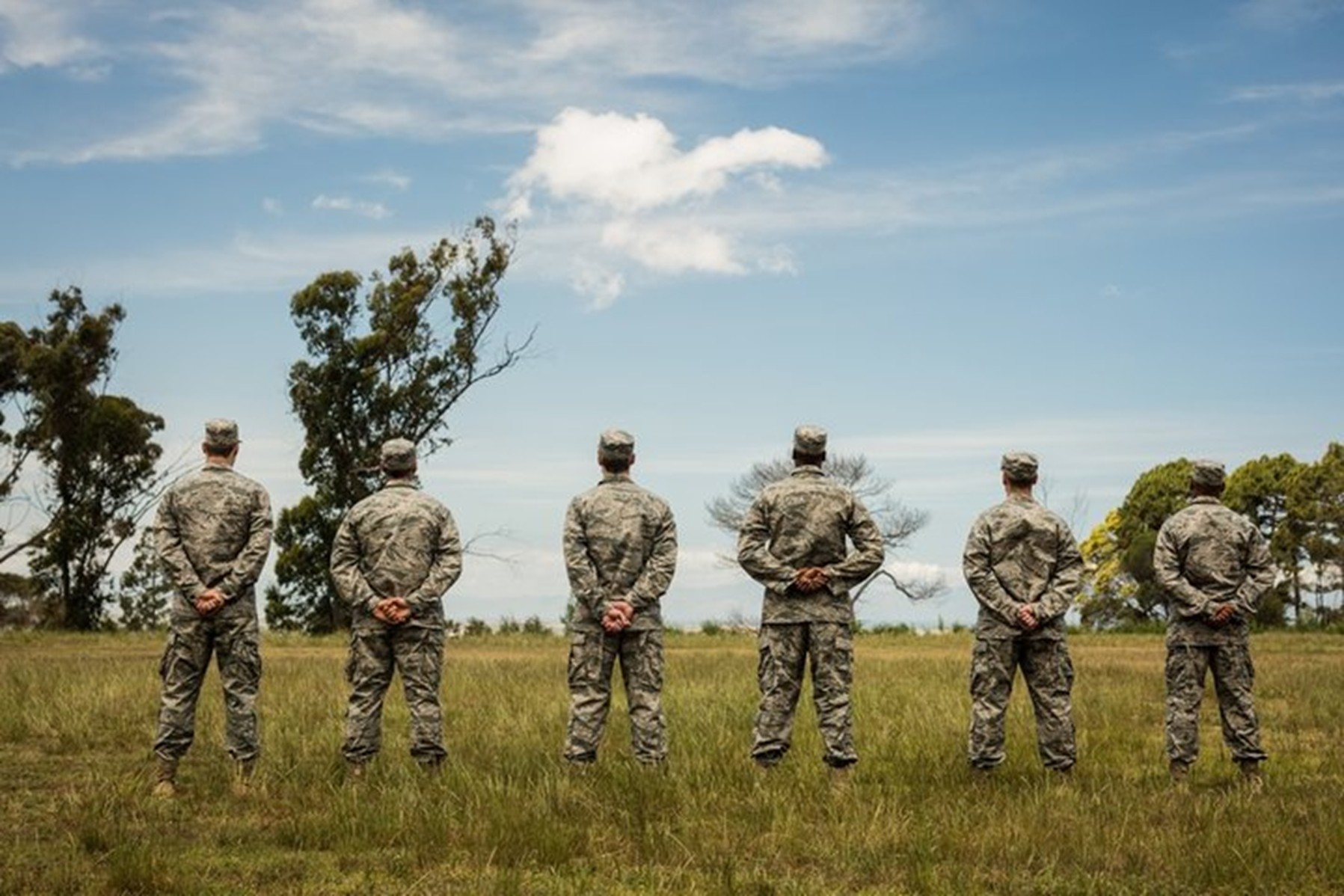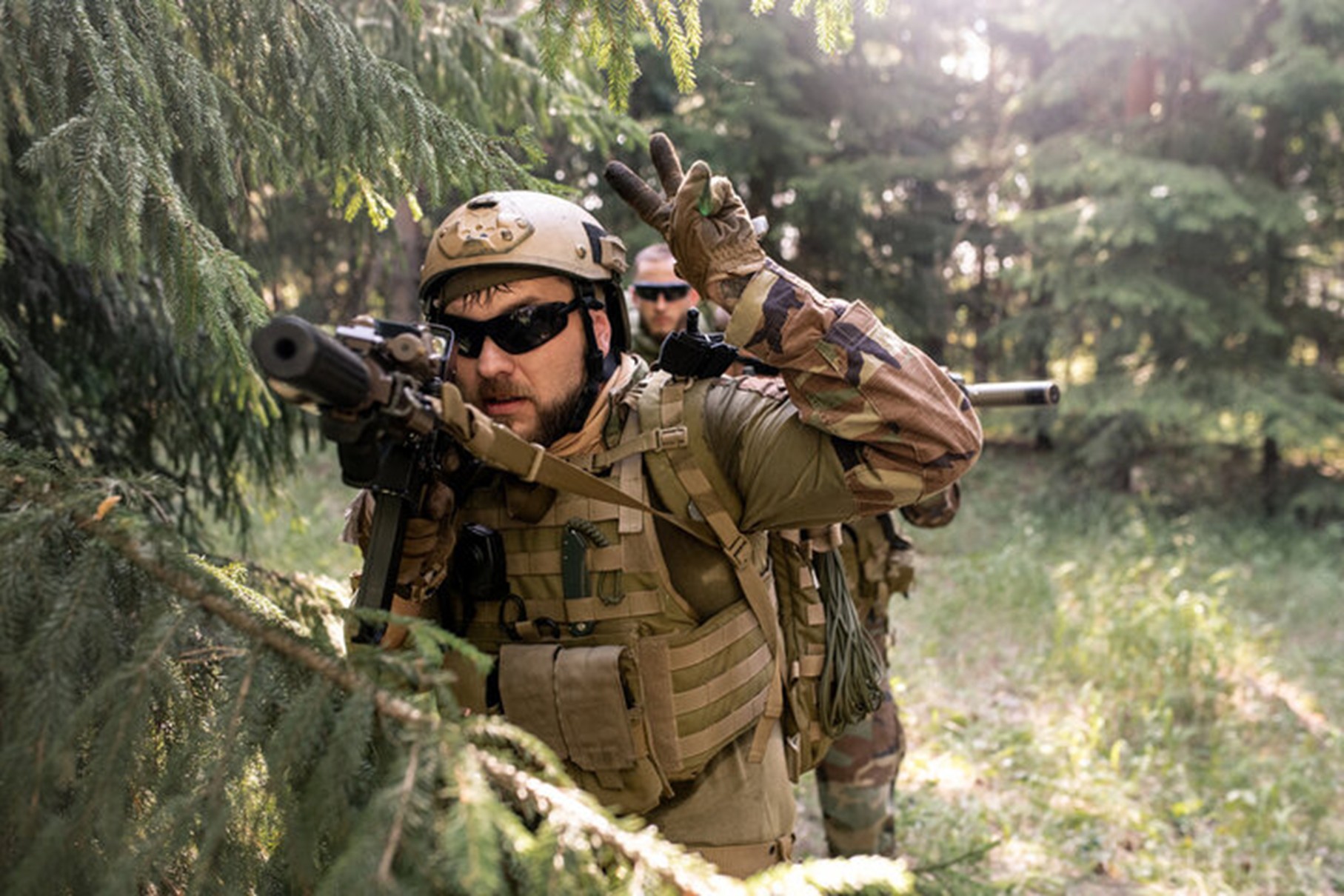
When we talk about defense, the metric of success is capabilities, which basically means your achievements are measured by your ability to execute tasks, like the number of satellites launched, missions completed, and systems deployed. Still, behind every milestone, there is something that is often overlooked yet equally decisive. It's the people whose guidance and mentorship got you so far. Without people who know how to think critically, bounce back from stress, and lead with ethics, even the most advanced technology falls short. And those qualities are rarely forged in isolation. They are cultivated through mentorship.
For Jamil Brown of Colorado Springs, a former major in the U.S. Space Force and a dedicated advocate for leadership development, mentorship isn’t an act of kindness or a nice thing to do, but an important aspect that shouldn’t be ignored. It builds readiness in defense, continuity in organizations, and resilience in individuals. It shapes careers, strengthens communities, and extends far beyond military bases or command posts. His opinion is that mentoring is one of the few things that can help in every aspect, be it business, government, education, or defense.
In military terms, a force multiplier means anything that can make something more useful or effective without having to add more resources. This concept is a perfect fit for mentoring. A well-mentored officer or enlisted professional understands things better and quicker, avoids mistakes that could cost a lot of money, and passes on knowledge to others. The cycle compounds over time, creating organizations that learn and adapt rather than simply repeat.
Jamil Brown of Colorado Springs emphasizes that mentorship provides not only technical skill transfer but also judgment, and the kind that isn’t written in manuals. It teaches young leaders when to follow the rules and when to break them, how to balance the needs of people with the needs of the goal, and how to look beyond short-term tasks to see how they will affect things in the long run. These are lessons that can't be learned in a game or with AI.
Although it’s tempting to equate mentorship with advice, the reality is a little different and runs much deeper. Giving advice is like getting a quick answer to a specific question. Mentorship is a relationship-based investment in someone's growth that lasts for a long time. That kind of investment often requires being open, responsible, and ready to share both wins and failures.
The strongest mentorship bonds, Jamil Brown of Colorado Springs explains, involve a dual exchange. Mentors give advice and knowledge, and mentees offer new ideas and question what is thought to be true. Both groups leave with more tools. In defense contexts, where lives and missions depend on trust, this reciprocity builds cohesion and confidence that cannot be manufactured through policy alone.

The defense sector offers a lot of unique examples of mentorship. Instructors at weapons schools shape the decisions of pilots and controllers. Senior noncommissioned officers help young airmen get ready for their first missions. Officers put junior leaders on strategic tasks that help them see things from different points of view.
As per Jamil Brown of Colorado Springs, who knows this space well, mentorship in defense has always had an operational dimension, which ensures that knowledge isn’t lost with each retirement or reassignment. It keeps institutional memory alive and makes the next generation ready faster. He mentions that it’s consistency that lets groups come up with new ideas while still learning from mistakes.
It’s important to not mistake mentorship with just military, because it goes way beyond that. What begins in defense doesn’t just stop there. Leaders and veterans of the military often bring their mentorship philosophy into civilian jobs, schools, and community work. They know that the principles of help, responsibility, and progress for everyone are universal.
Jamil Brown of Colorado Springs has been deeply involved in mentoring at-risk youth, using his military background not to intimidate but to inspire. He says that the best kind of mentoring is helping other people see opportunities where they might only see problems. Defense builds discipline and toughness, which can then be used to help young people get past personal problems and take on leading roles of their own.
Perhaps the most profound aspect of mentorship is its role in legacy. Titles, goals, and even technologies become less important over time, but the people a leader shapes through mentoring will always be affected by them. It only takes one mentor to change the course of dozens of careers, as each mentee goes on to become a guide themselves.
For Jamil Brown of Colorado Springs, this ripple effect is mentorship’s true power. It transforms leadership from an individual pursuit into a collective continuum. It ensures that each generation stands not only on the shoulders of giants but also alongside guides who walked with them.
Mentorship may be born in defense, where readiness demands it, but its impact reaches far beyond. It strengthens communities, accelerates industries, and empowers individuals to see possibilities they could not imagine alone. In a world of rapid technological change and organizational complexity, mentorship remains a distinctly human practice, grounded in trust, shaped by dialogue, and measured in growth.
As Jamil Brown of Colorado Springs demonstrates through his career and service, mentorship is not a side activity or a box to check. One of the most useful tools a boss can use is this one. It makes people stronger, encourages new ideas, and makes sure that knowledge is passed on as wisdom. Defense may show how important mentoring is, but every industry shows how important it is.